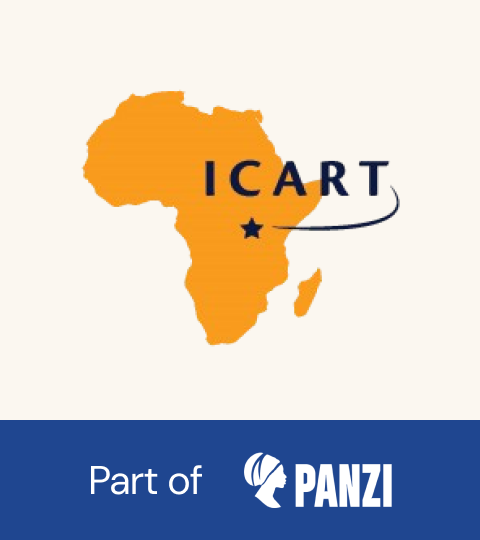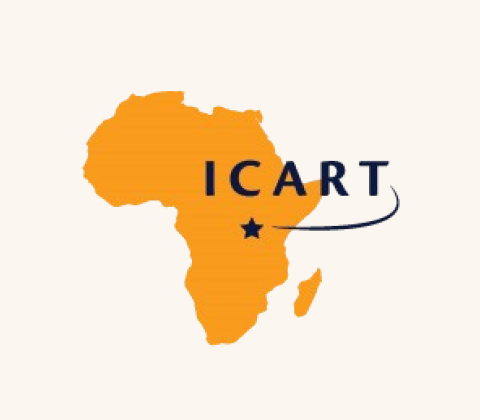Governance and Organizational Structure
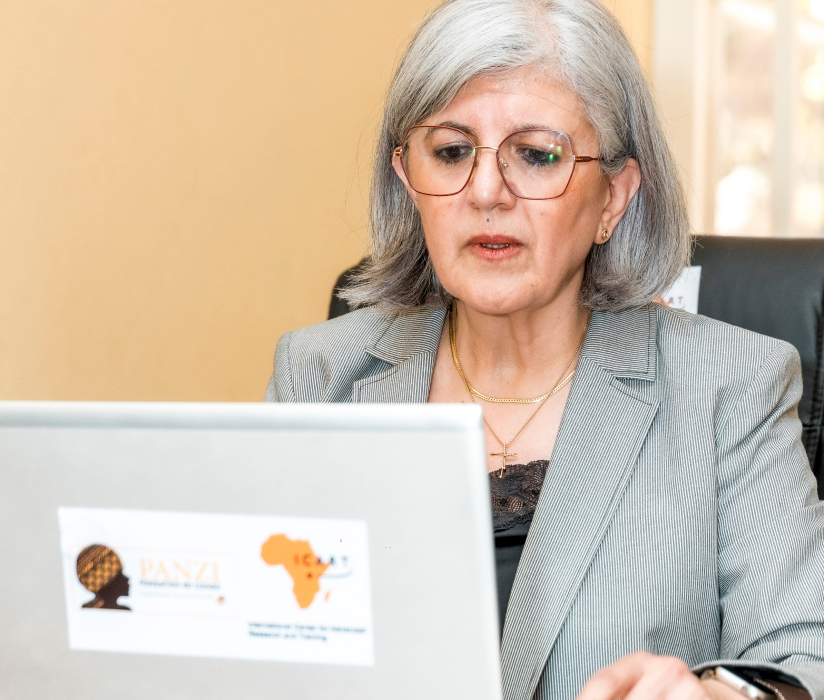
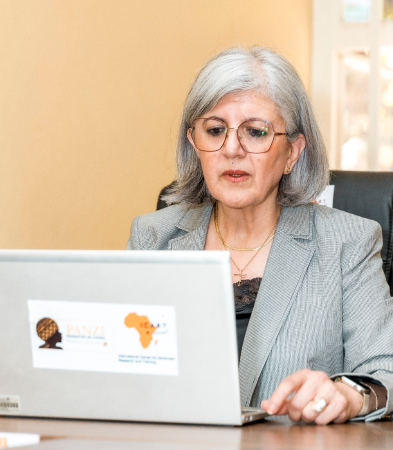
Founding Institutions
ICART was established in 2013 by Panzi Foundation and the Evangelical University in Africa (UEA), with advisory support from the University of Michigan, to train local researchers in essential research skills, aiming to enhance the DRC’s research impact and foster transformative change.
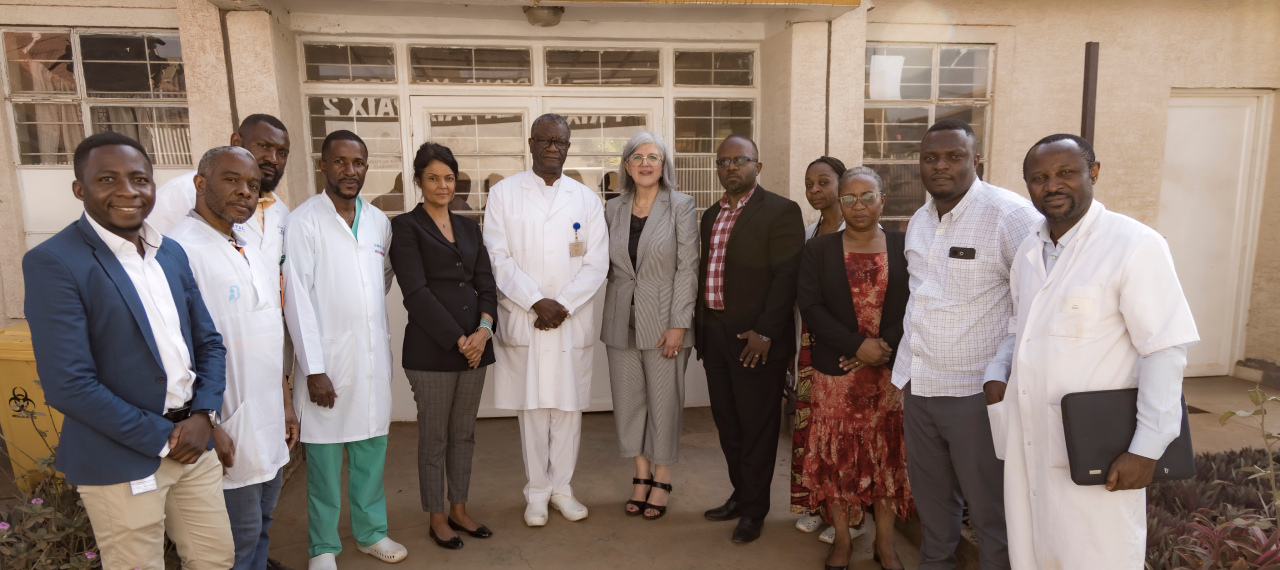
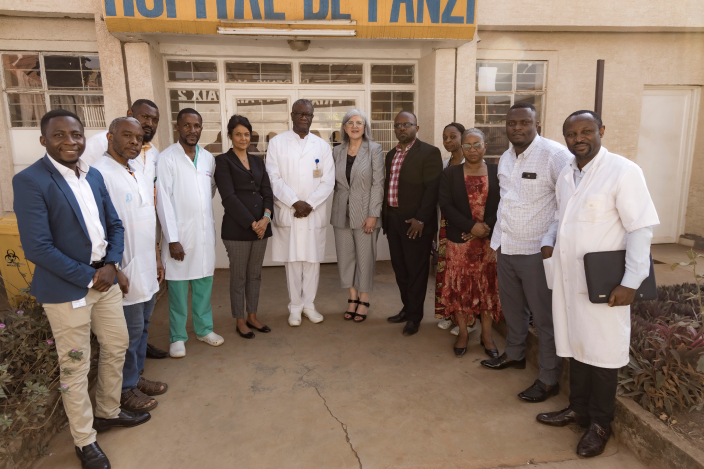
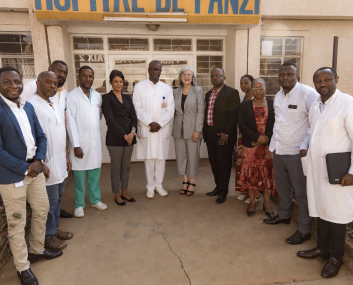
2010
ICART was established in 2013 by Panzi Foundation and the Evangelical University in Africa (UEA), with advisory support from the University of Michigan, to train local researchers in essential research skills, aiming to enhance the DRC’s research impact and foster transformative change.
2011
2013
ICART, born in 2013, was intended to conduct training programs, for local researchers, on research methods, human subjects research and ethics, data collection, management and analysis, scientific writing and presentations, and how to publish. This was sought to ensure that staff and faculty at Panzi Foundation, Panzi Hospital and UEA will learn the skills necessary to become strong voices and leaders in the international research community, addressing the needs and future direction of the DRC. They will use the knowledge gained from their research to inform more effective policies and programs, leading to greater overall change and development and a better quality of life of all Congolese.
Our Partner Institutions
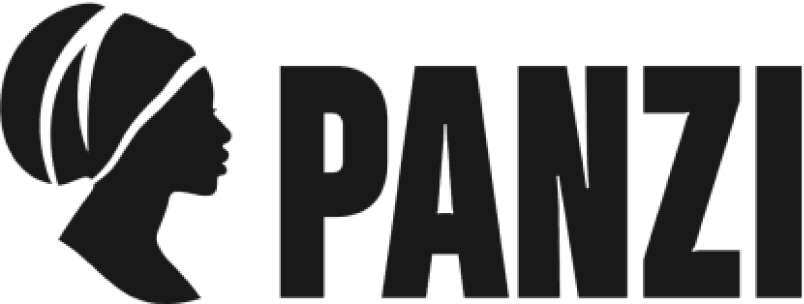
Panzi Foundation
Courses cover research ethics, human subject research, data management, and scientific communication, preparing researchers to collect, analyze, and share critical findings effectively.

Panzi Hospital
Located in Bukavu, DRC, Panzi Hospital founded by 2018 Nobel Laureate Dr. Denis Mukwege, is renowned for its work with survivors of sexual violence. It offers specialized medical care for survivors and women with complex gynecological injuries while also serving as a general hospital for around a million people, addressing both health and social needs.
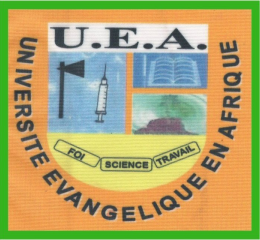
Evangelical University of Africa
Founded in 1991, UEA offers programs in fields like medicine and economics. Its medical faculty, launched in 2011, trains over 800 students, many collaborating with Panzi Hospital. UEA focuses on building research and practical skills, with professors who also work as physicians and partner on research projects with local and international experts.
Our Sponsors
ICART began with financial support from the University of Michigan. In 2020, after Michigan withdrew, the University of Montréal took over leadership, incorporating ICART into the Tumaini Project for health and rights research. Tumaini, funded by Global Affairs Canada, supports ICART’s mission by funding key staff and constructing a new facility for completion in 2025. One ongoing goal is to secure sustainable funding to ensure ICART’s long-term impact.
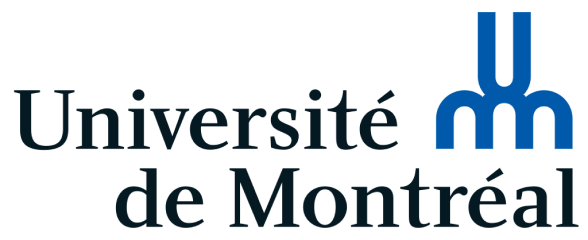

Administrative Bodies
The development of ICART is based on the collaboration between 3 partners: Pansy Foundation, Université Évangélique d’Afrique (UEA), and Université de Montréal (UdeM). Operation is represented by the following flowchart:
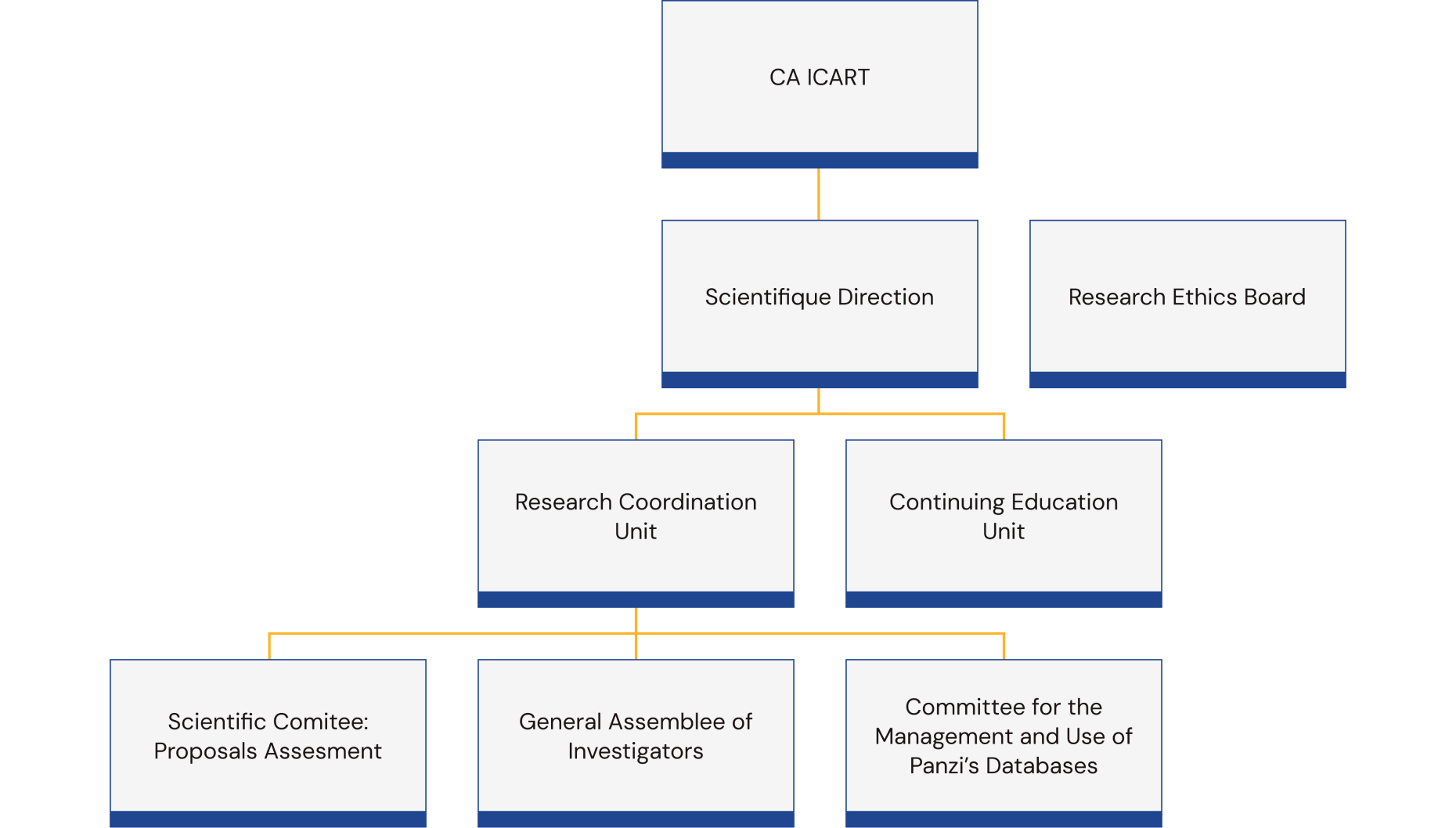
People Behind ICART

G. B. Cardière

Sioban Harlow

Denis Mukwege

Marie Hatem

Susanne Alldén

Désiré Alumeti

Esto Bahizire

Marie Berg

Olivier Bouchaud

Etienne Carbonnel

Olivier Nyakio

Olivier Venderberg
Support research that transform the lives of victims affected by conflict
Under Construction
Coming Soon in 2025
This page is currently under construction and will be launched in 2025. We appreciate your patience and invite you to check back for updates.
